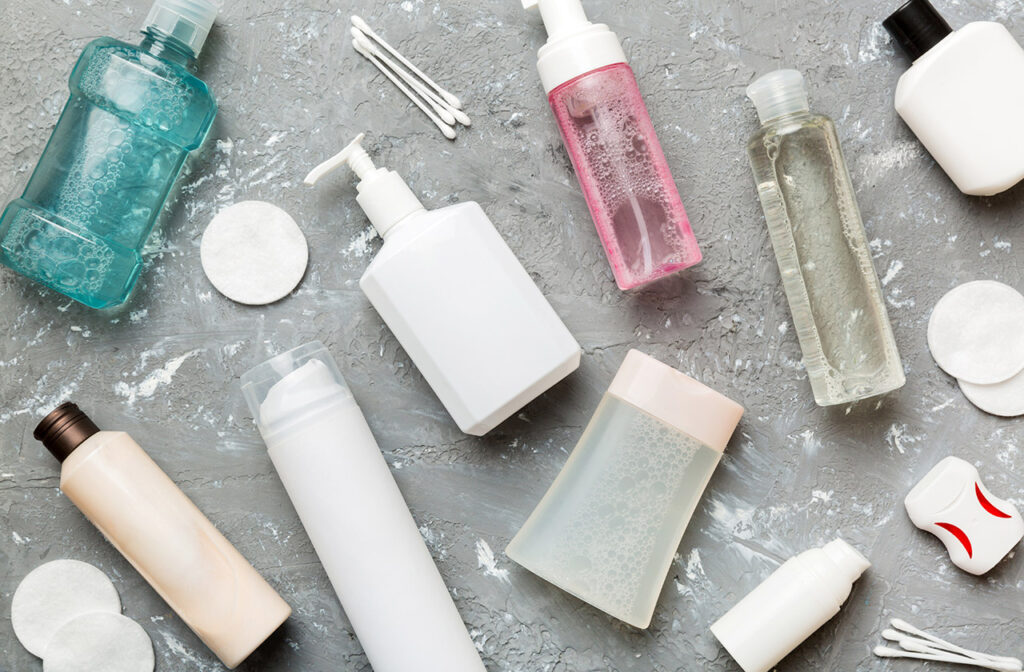Creating a dedicated evening skincare routine is essential if you’re looking to wake up with a face that’s refreshed, radiant, and ready to take on the day. Skincare is not just about applying numerous products; it’s also about understanding what your skin needs and how different ingredients interact with your skin type. This post will guide you through setting up a practical evening skincare routine, incorporating lifestyle tips that enhance skin health, and how specific skincare products, including mucin, can transform your skin overnight.
Understanding Your Skin Type
Before diving into any skincare routine, it’s crucial to understand your skin type. The common types are oily, dry, combination, and sensitive. Each type has different needs:
- Oily skin often requires water-based products to manage excess sebum.
- Dry skin benefits from richer, hydrating products that contain oils and emollients.
- Combination skin needs a balance, possibly requiring different products for different face areas.
- Sensitive skin demands gentle, non-irritating ingredients.

Step-by-Step Evening Skincare Routine
1. Cleansing
The first step is to cleanse your skin of makeup, dirt, and oils accumulated throughout the day. A gentle cleanser that doesn’t strip the skin of its natural oils is ideal. For those wearing heavy makeup, consider double-cleansing starting with an oil-based cleanser followed by a water-based one.
2. Toning
Toners help to balance the skin’s pH and remove any residual impurities after cleansing. For dry or sensitive skin, opt for alcohol-free toners with soothing ingredients like aloe vera or chamomile.
3. Serums
Serums are concentrated formulations designed to target specific issues like aging, dullness, or hyperpigmentation. For an evening routine, look for serums that contain antioxidants like Vitamin C or E, which help fight free radical damage overnight.
4. Eye Cream
The skin around your eyes is thinner and more delicate:
“Having thin skin around the eyes means this area comes with its own specific problems such as dark circles, puffiness and bags as well as being the first place that fine lines and wrinkles develop. With this in mind, the rationale behind a separate eye cream is clear – a cream that’s suitable for sensitive skin that targets specific issues such as dryness and dark circles sounds like a great idea.”
~ Dr Jason Thomson, Head of Medicine at Skin + Me
A hydrating eye cream can help reduce the appearance of fine lines and puffiness. Apply using your ring finger with gentle tapping motions to boost circulation and absorption.
5. Spot Treatment
If you have acne-prone skin, evening is a good time for spot treatments. Ingredients like salicylic acid or benzoyl peroxide can be effective. Apply these only on spots to avoid drying out the surrounding skin.
6. Moisturiser
Hydration is key in any skincare routine. Even oily skin types need a lightweight, non-comedogenic moisturiser. For dry skin, a richer formula with ingredients like hyaluronic acid or ceramides can be beneficial.
7. Mucin
Mucin, known for its exceptional moisturising and skin-repairing properties, is derived from snail secretion. It aids in cell regeneration, healing, and moisture retention. Incorporating a mucin-based product at this stage can enhance skin texture and elasticity by morning.
“Because snail mucin offers moisturising benefits, it’s great to use at night. That way, your skin has the entire night to soak it in.”
~ Anna Chacon, MD, board-certified dermatologist, Miami

Exfoliation: Less is More
Exfoliate 2-3 times a week, depending on your skin type. Over-exfoliation can strip the skin of its natural oils leading to increased sensitivity or breakouts. Choose a product that suits your skin type—chemical exfoliants like AHAs for dry skin and BHAs for oily skin are preferable.
Lifestyle Tips for Enhancing Your Skincare Routine
Hydration
Drinking adequate water throughout the day cannot be overstated. Aim for at least 2 litres per day. This helps flush out toxins and keeps the skin cells plump, which naturally makes the skin look more vibrant.
Sleep Environment
Ensure your sleeping environment is conducive to good skin health:
“Poor sleep has been shown in multiple studies to be linked to poor skin health, faster-aging skin, and an increased risk of certain skin conditions.”
~ Dr Jessica Krant
- Ventilation: A well-ventilated room helps reduce sweat and discomfort during the night.
- Pillow: Use a clean, soft pillowcase, preferably silk, as it causes less friction on the skin and hair.
- Sleeping Position: Sleeping on your back can help prevent sleep lines and puffiness.
Summary
Adopting an effective evening skincare routine is a blend of choosing the right products and incorporating healthy lifestyle habits. Key products like mucin can significantly improve skin quality, while factors like hydration and your sleep environment play supportive roles in enhancing the overall health of your skin. Remember, consistency is key in any skincare routine for achieving the best results.


